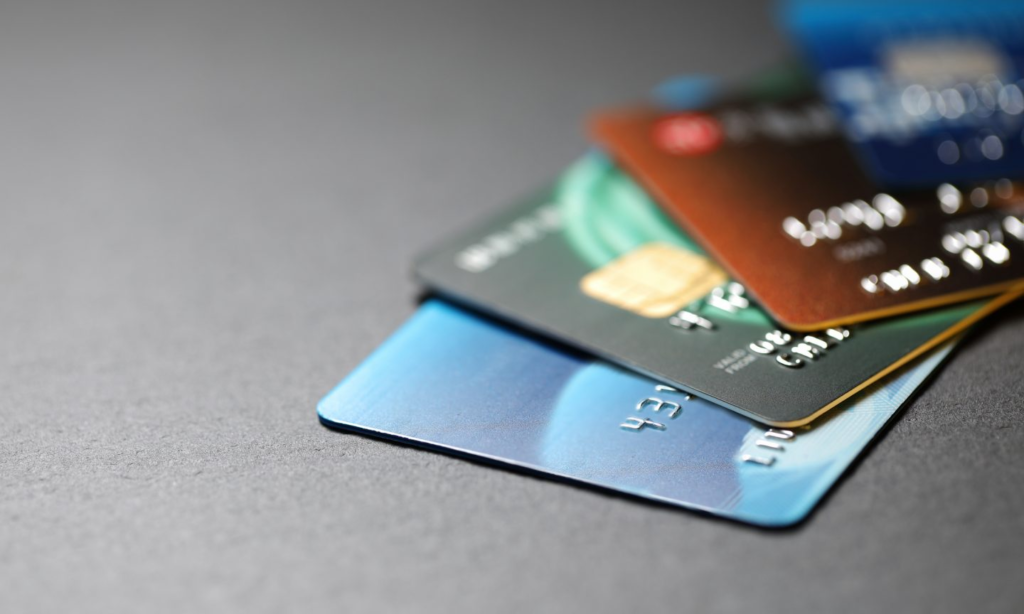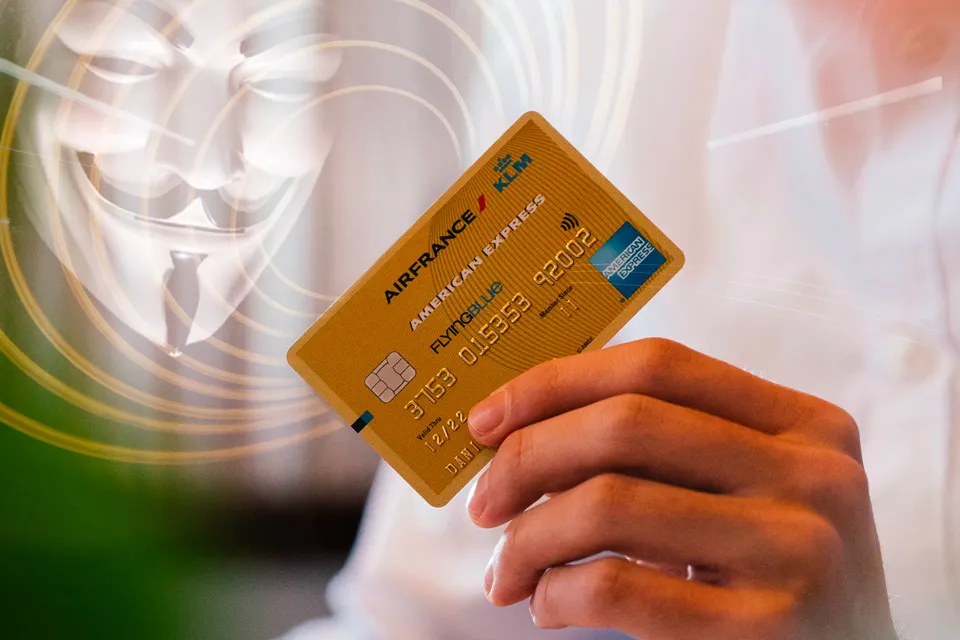Credit cards have become an integral part of our lives, making it easier to purchase goods and services, pay bills, and even travel. However, as convenient as they are, they also come with the risk of credit card theft. With the increasing number of fraud cases related to credit cards, it is important to take the necessary steps to safeguard your personal information and protect yourself from unauthorized access.
In 2021, there were approximately 390,000 reported cases of credit card fraud. If yours gets stolen or otherwise compromised, it could lead to stolen funds, irreparable damage to your credit score, and even identity theft! Here’s what you can do to protect your card information, whether you’re shopping in real life or online.
Table of Contents
The Price of Digital Payments
Every technical advancement that humans make is a double-edged sword: While daily life becomes more convenient with each step forward, it also provides more chances for cybercriminals to illegally see or steal your data. If your credit card is connected to your digital wallet, for example, then hackers don’t have to take the card from your pocket or memorize the CVC code; they might opt instead to go after a vulnerability in the storage system that houses your digital wallet’s information. If your phone gets stolen, and you don’t have a PIN, that would be another way for a criminal to access your bank funds illegally (doubly so if you don’t sign out of your banking app after each use!).

How often do you use NFC during the day, too? Near-field communication, colloquially shortened to NFC, is those transactions you make by “tapping” your phone or card near the payment processor, instead of swiping or inserting a chip. If the payment processor were to be compromised in any way, a hacker might be able to view and steal your payment data.
How to Avoid Credit Card Theft: Tips and Tricks
Keep Your Credit Cards Safe
The first and most important step to avoid credit card theft is to keep your credit cards safe. Here are a few ways to do so:
- Keep your credit card in a secure place, such as a wallet or purse. Avoid leaving it in an easily accessible place, such as on a table or in a car.
- Never share your credit card details with anyone, including your friends or family members.
- Don’t write your PIN or any other sensitive information on your card or any other piece of paper. Memorize your PIN and never disclose it to anyone.
Monitor Your Accounts Regularly
Monitoring your credit card accounts regularly is another crucial step in preventing credit card theft. Here’s what you can do:
- Check your credit card statements frequently to ensure that there are no unauthorized transactions.
- Set up alerts for your credit card transactions, so you can receive notifications whenever a transaction is made on your card.
- Monitor your credit report regularly to detect any suspicious activity or unauthorized accounts opened in your name.
Be Careful with Your Personal Information
Another way to prevent credit card theft is to be careful with your personal information. Here are a few tips:
- Never share your personal information, such as your Social Security number, date of birth, or address, unless it is necessary.
- Be cautious when providing your credit card details online. Only use secure websites with an HTTPS protocol and avoid making online transactions on public Wi-Fi networks.
- Always shred any documents containing your personal information before disposing of them.
Use Secure Payment Methods
Using secure payment methods is also essential to prevent credit card theft. Here are some tips:
- Use chip-enabled credit cards, which are more secure than magnetic stripe cards.
- Avoid using your credit card on unfamiliar or unsecured websites.
- Consider using digital wallets, such as Apple Pay or Google Wallet, which provide an additional layer of security for your credit card information.
Report any Suspicious Activity
Finally, if you notice any suspicious activity on your credit card account, report it immediately. Here’s what you can do:
- Contact your credit card issuer immediately to report any unauthorized transactions or suspected fraud.
- File a police report to document the fraud and obtain a copy for your records.
- Freeze your credit report to prevent anyone from opening new accounts or taking out loans in your name.
Protect YOUR Card from Thieves!
Being careful can only get you so far. Sooner or later, you’ll lose focus for a second or someone will devise a crafty enough trap to trip you up. At that point, you had better hope that your accounts are secure enough to withstand their attempts to break in! Multi-factor authentication (MFA) requires several forms of identification to let you into an account, for example, in addition to a password you might sign in with a one-time passcode (OTP) connected to an authenticator app, SMS messages or emails; face or fingerprint scans, or voice recognition; a PIN or whatever other kind of MFA your banking apps can set up.

If you have multiple credit cards, you should ALWAYS use different login credentials for each one. A hacker might sacrifice one, but that doesn’t have to spell danger for all of your other cards, too! You can better ensure your banking information’s safety by…
- avoiding public WiFi, where anyone can spy on your browsing
- immediately updating software with unpatched zero-day vulnerabilities
- don’t save your credit card numbers to your web browsers or password managers
- downloading antivirus software and web scanners that notify you about unsafe sites
- avoid suspicious links and uncharacteristic messages from your bank
When in doubt, always go directly to your preferred financial websites instead of clicking links that accompany messages pressuring you to act quickly.
Conclusion
Digital wallets, pervasive online shopping trends, near-field communication, and the fast-paced world of technological invention all make using your credit cards more convenient, but it puts your financial data at risk, too. Thankfully, we can enjoy the ease of use without sacrificing our data’s security in transit and storage, avoiding credit card fraud. Your financial information is precious; take as good care of it online as you do of the physical cards in your wallet.
Follow our blog for more news, trends, and tips on cybersecurity!
FAQs
How do thieves steal credit card information?
Thieves can steal credit card information in various ways, including phishing emails, skimming devices, and hacking into databases containing credit card information.
Can I prevent credit card theft completely?
Unfortunately, there is no foolproof way to prevent credit card theft completely. However, following the tips mentioned in this article can significantly reduce the risk of credit card theft.
What should I do if I lose my credit card?
If you lose your credit card, report it to your credit card issuer immediately.
References
- https://fortune.com/recommends/article/how-many-credit-cards-should-i-have/
- https://www.fool.com/the-ascent/research/identity-theft-credit-card-fraud-statistics/
- https://www.makeuseof.com/tag/drive-nfc-hack-work/
- https://www.theguardian.com/business/2022/oct/04/optus-data-breach-how-to-protect-yourself-from-credit
- https://www.kaspersky.com/resource-center/preemptive-safety/protect-your-credit-card-online

